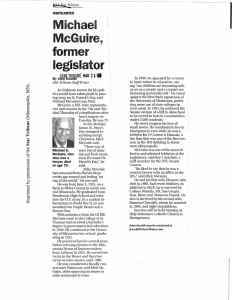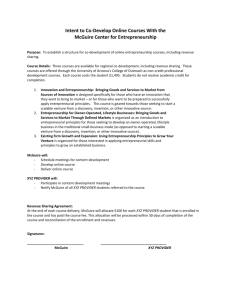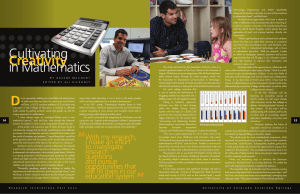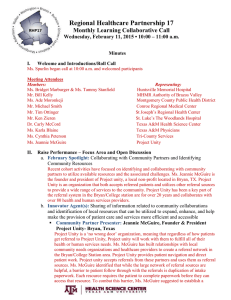Class 1
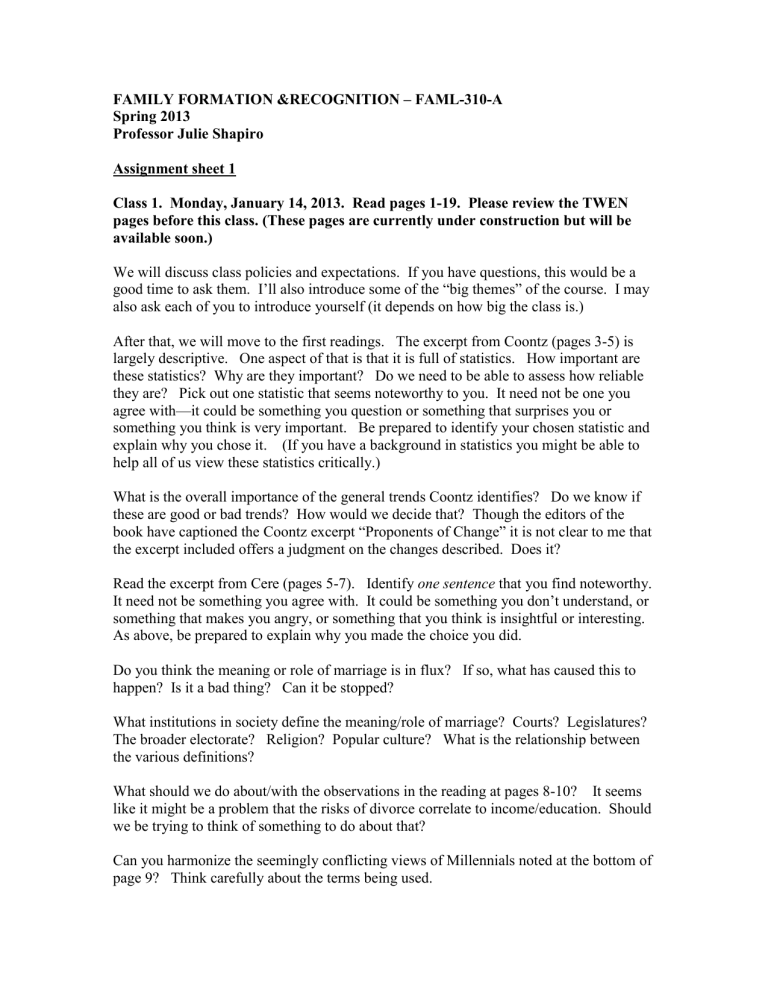
FAMILY FORMATION &RECOGNITION – FAML-310-A
Spring 2013
Professor Julie Shapiro
Assignment sheet 1
Class 1. Monday, January 14, 2013. Read pages 1-19. Please review the TWEN pages before this class. (These pages are currently under construction but will be available soon.)
We will discuss class policies and expectations. If you have questions, this would be a good time to ask them. I’ll also introduce some of the “big themes” of the course. I may also ask each of you to introduce yourself (it depends on how big the class is.)
After that, we will move to the first readings. The excerpt from Coontz (pages 3-5) is largely descriptive. One aspect of that is that it is full of statistics. How important are these statistics? Why are they important? Do we need to be able to assess how reliable they are? Pick out one statistic that seems noteworthy to you. It need not be one you agree with—it could be something you question or something that surprises you or something you think is very important. Be prepared to identify your chosen statistic and explain why you chose it. (If you have a background in statistics you might be able to help all of us view these statistics critically.)
What is the overall importance of the general trends Coontz identifies? Do we know if these are good or bad trends? How would we decide that? Though the editors of the book have captioned the Coontz excerpt “Proponents of Change” it is not clear to me that the excerpt included offers a judgment on the changes described. Does it?
Read the excerpt from Cere (pages 5-7). Identify one sentence that you find noteworthy.
It need not be something you agree with. It could be something you don’t understand, or something that makes you angry, or something that you think is insightful or interesting.
As above, be prepared to explain why you made the choice you did.
Do you think the meaning or role of marriage is in flux? If so, what has caused this to happen? Is it a bad thing? Can it be stopped?
What institutions in society define the meaning/role of marriage? Courts? Legislatures?
The broader electorate? Religion? Popular culture? What is the relationship between the various definitions?
What should we do about/with the observations in the reading at pages 8-10? It seems like it might be a problem that the risks of divorce correlate to income/education. Should we be trying to think of something to do about that?
Can you harmonize the seemingly conflicting views of Millennials noted at the bottom of page 9? Think carefully about the terms being used.
Read 12-19. I expect that some of you read Moore v. City of East Cleveland in constitutional law. For the moment we may discuss it in a cursory fashion. We’ll be coming back to do con law in a much more sustained way shortly. For now, focus on these questions:
Who lived in Mrs. Moore’s house? Why was this a problem?
Is it fair to say the case is about what “family” means as it is used in the East Cleveland code? How does this end up before the United States Supreme Court? What does the
Court say? What is the basis for its ruling?
If you were given the job of redrafting the East Cleveland ordinance after the case was decided, what would you do? Is it reasonable to zone some neighborhoods for family homes?
Class 2. Wednesday, January 16, 2013. Read 217-222.
Please read this short case with care and give it some thought. What did Mrs. McGuire want from the court? Why is the court unwilling to help her? Is it because the judges do not believe she is entitled to what she wants or is there some other concern operating?
What policies support the court's decision? What are the strengths and weaknesses of this position?
Under what circumstances would the court order more generous support for Mrs.
McGuire? What advice could you give Mrs. McGuire about how she could obtain more generous support? Does this make any sense? Note the year that McGuire was decided.
Is that significant?
Is McGuire a product of archaic assumptions? Do you think the case would come out differently today? Why? Should it? If you were a judge today sitting on a case like
McGuire , what would you do?
Is recognition of some sphere of marital privacy into which a court will not venture, a good idea? Why? Even if you do not think it is a good idea, try and think of some reasons why others might endorse such a policy.
When should the state interfere in a personal relationship? Why? Does it depend on the particular nature of the relationship (friends, lovers, siblings, etc.)? Why?
What does the case tell us about the importance of any model for marital obligation adopted by the state?
In the following classes, we will begin consideration of some of the constitutional questions which pervade modern family law. Some of these are equal protection questions: Does the Constitution require that family law be gender neutral? Are there any areas in which the law would permit disparate treatment of men and women? On what grounds could you seek to justify disparate treatment? What about different treatment for married/unmarried couples? Other questions arise under the doctrine of substantive due process: Are there areas of private life into which the government cannot constitutionally intrude, for example. Though you have all taken con law I will outline some basics of both equal protection and substantive due process so that we can all begin with some shared working knowledge of these critical areas. Feel free to add to or question my presentation based on your own understanding from your con law class.
Please remember that distinct from constitutional arguments, there are policy arguments for and against specific outcomes. Thus, one can ask whether family law must be gender neutral (a con law question) or, even if not constitutionally required, it should be gender neutral (a policy question). Similarly, even if the Constitution does not require a zone of privacy around certain types of individual or family decisions, should we create such a zone anyway? Over the course of the semester you will need to learn to separate policy questions and con law questions and to make the right sorts of arguments in the right places.
